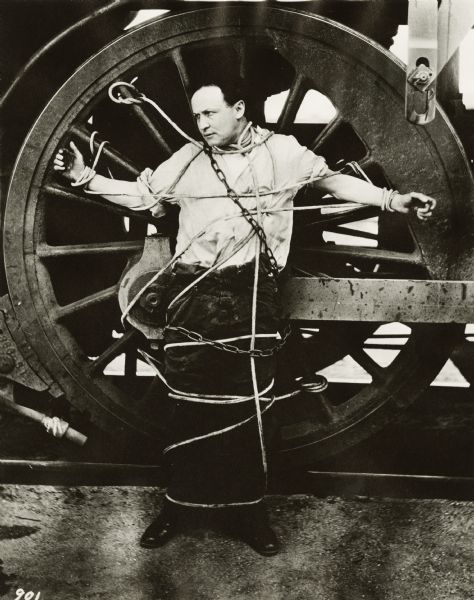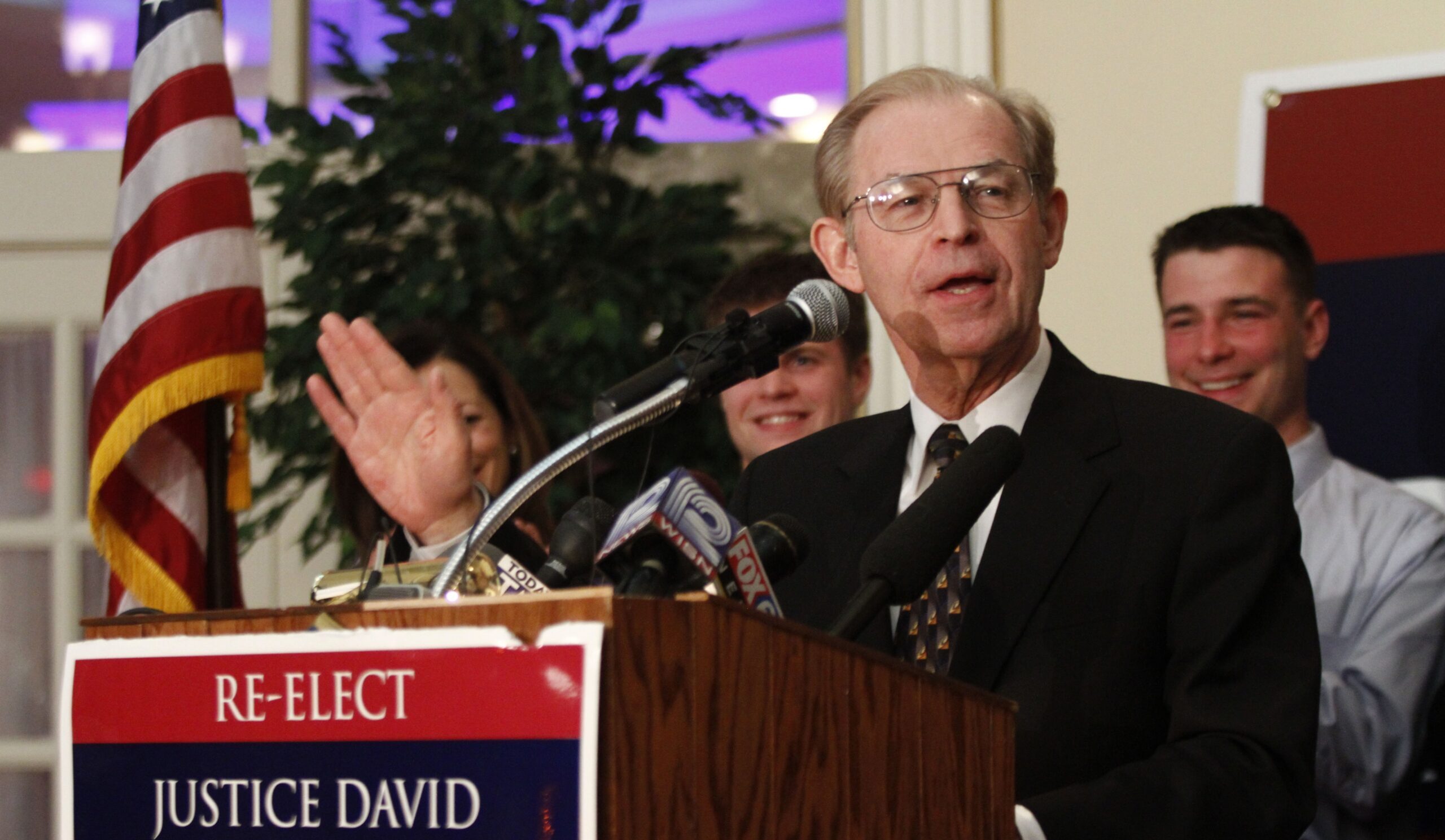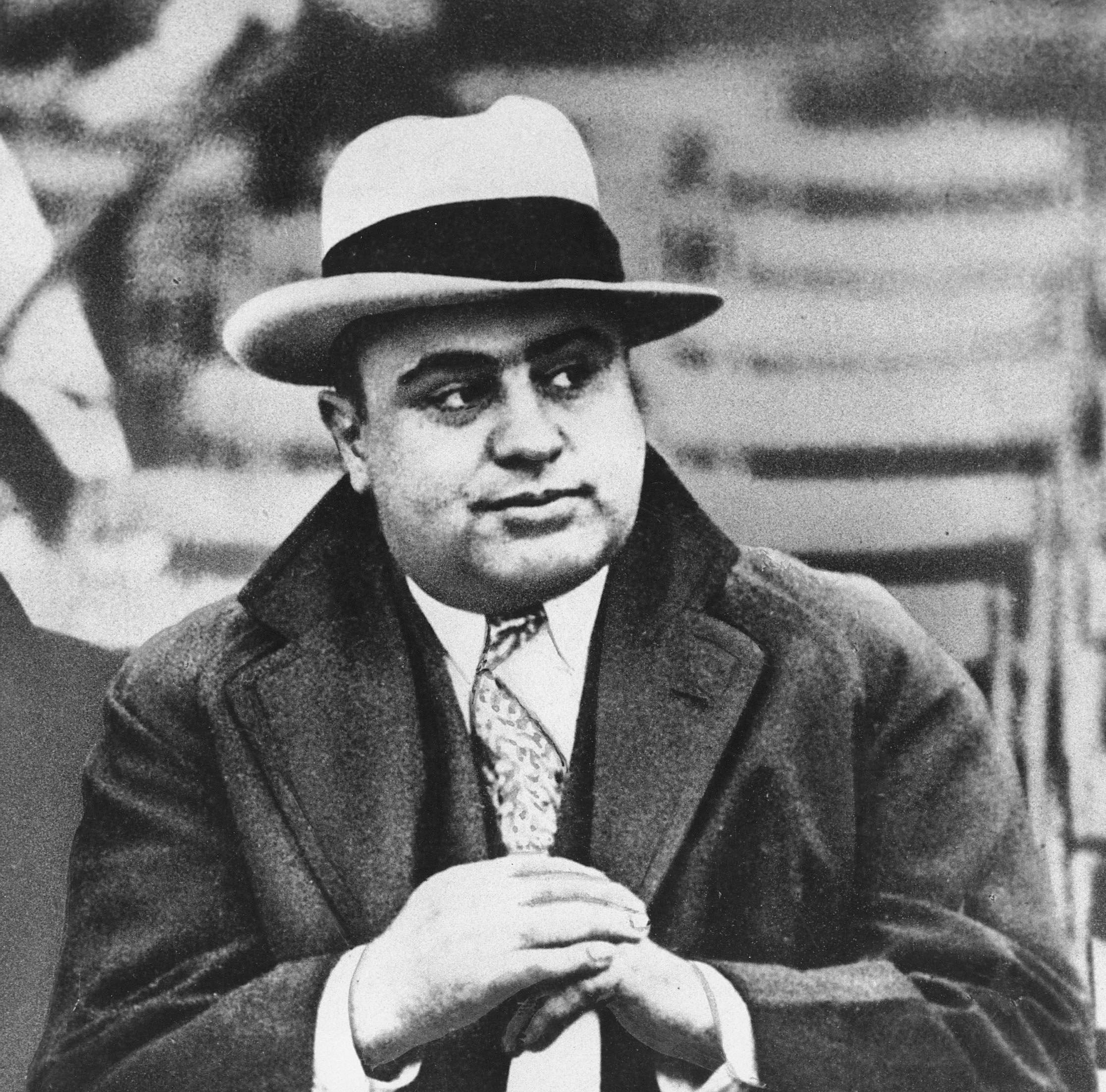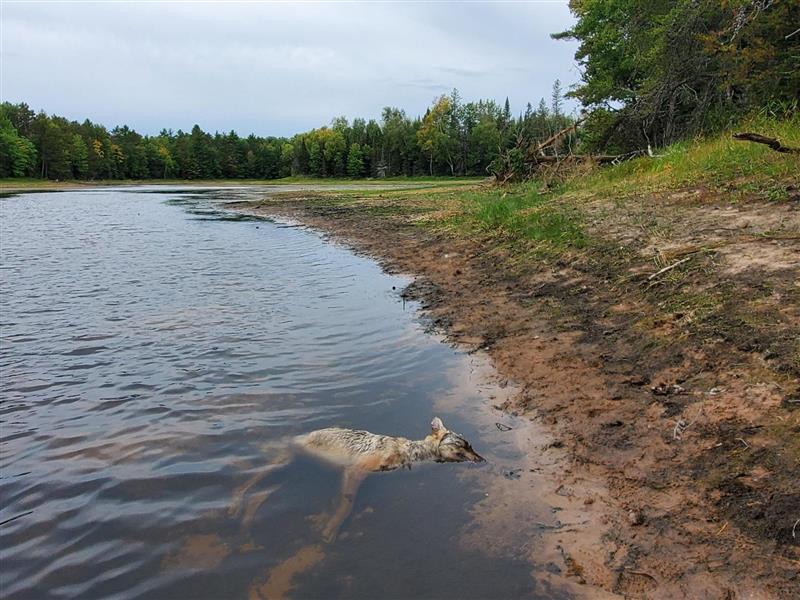We’re celebrating the birth of famous magician and escape artist Harry Houdini this week with this image of him tied in chains and ropes to a train wheel.
Houdini was born Erik Weisz in Budapest, in modern-day Hungary, on March 24, 1874. He would later claim he was born on April 6 in Appleton, the town that his family moved to in 1878 when his father accepted a position as rabbi to Appleton’s Zion Congregation.
It’s not clear what first drew the young Houdini to magic. He once told a British newspaper that his first handcuff escape occurred in Appleton while working for a locksmith. Another story had him picking locks to steal pies from his mother’s kitchen cabinet. Or, maybe it was the many circuses that passed through town as many circus companies wintered in Wisconsin before heading out to perform their new acts in the spring.
Stay informed on the latest news
Sign up for WPR’s email newsletter.
Houdini’s family moved to Milwaukee in 1883 and the children took jobs to support the family. Houdini worked as shoe shiner and newsboy. He also joined a friend’s circus as a contortionist, calling himself “The Prince of the Air.”
He continued his magic acts in New York City, working odd jobs and performing as the “Brothers Houdini” with a fellow worker Jacob Hyman. The two named themselves after their idol, French magician Jean Eugene Robert-Houdin.
Houdini launched his career as a professional magician in 1894. But it was his escapes that drew all the attention. He challenged local police forces to keep him locked up. He then upped the ante with handcuffs, straightjackets, water-filled tanks, and locked crates.
He introduced his most famous act in 1912, the Chinese Water Torture Cell, where he would be suspended by his feet and lowered upside down into a locked glass cabined filled with water. The escape required him to hold his breath for more than three minutes. The performance was so popular that it remained in his act until his death in 1926.
Wisconsin Public Radio, © Copyright 2025, Board of Regents of the University of Wisconsin System and Wisconsin Educational Communications Board.







